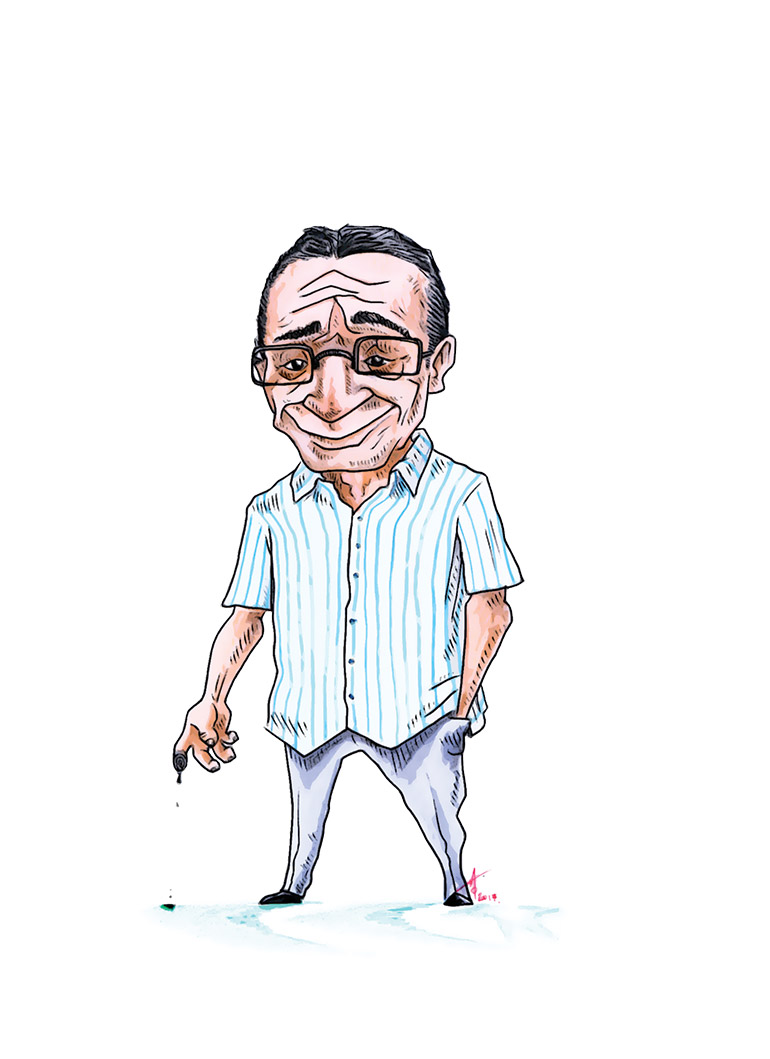Faced with a looming economic crisis, Timor-Leste went to the polls in March to decide on its fourth president. They chose Francisco ‘Lu-Olo’ Guterres, a resistance fighter who has promised reform but is likely to stay loyal to his political patrons

Who is he?
A prominent figure in Timor-Leste’s fight for independence, Francisco Guterres is also president of the Revolutionary Front for an Independent East Timor (Fretilin), part of the country’s de facto governing coalition. Following Indonesia’s invasion of the island in 1975, Guterres became a guerrilla fighter under the nom de guerre Lu-Olo, which means pigeon. Taking up his first political role within Fretilin in 1978, Guterres had made two unsuccessful runs for president since the country gained independence in 2002.
Why is he in the news?
This month, Guterres will be sworn in as the fourth president of Timor-Leste, a largely symbolic but potentially influential role, having swept to victory in the first round of presidential elections on 20 March. Guterres’ win was in no small part due to the support of Xanana Gusmão, the country’s independence hero and pre-eminent political kingmaker. Without the backing of Gusmão in the past two presidential elections, Guterres received only 30% of the vote, a number that rose to 57% this time around.
How will he approach the role?
Guterres marked his victory with promises of improvements in health and education. But as the country’s first party-affiliated president, he is expected to play a more subdued role than his predecessor, Taur Matan Ruak, who used the post to crusade against corruption and state misspending. “Ruak’s criticism of the government will have lost some of its presidential sting, and Lu-Olo can be expected to remain a loyal party man,” said Damien Kingsbury, a professor of international politics at Australia’s Deakin University.
How will his election change political dynamics in Timor-Leste?
Ruak is expected to run on the new People’s Liberation Party (PLP) ticket for prime minister later this year. And his move is not without precedent, with Gusmão becoming the country’s prime minister three months after vacating the presidency in 2007. Gusmão is expected to continue in his role as political puppet-master for the foreseeable future, leaving little room for Guterres to rock the boat.
What are the greatest challenges facing the country’s government?
Timor-Leste’s major problem is money. The government is drawing down on its $16 billion petroleum fund faster than it is diversifying its economy, and critics say nepotism and corruption are compounding the problem. Oil revenue will finance approximately 85% of this year’s state budget. So what will the country do when the oil runs dry? “The challenges are daunting; few countries have successfully evolved from a generation-long war through a short-lived resource boom to achieve stable prosperity,” said Charles Scheiner, an analyst at La’o Hamutuk, a local research institute.


